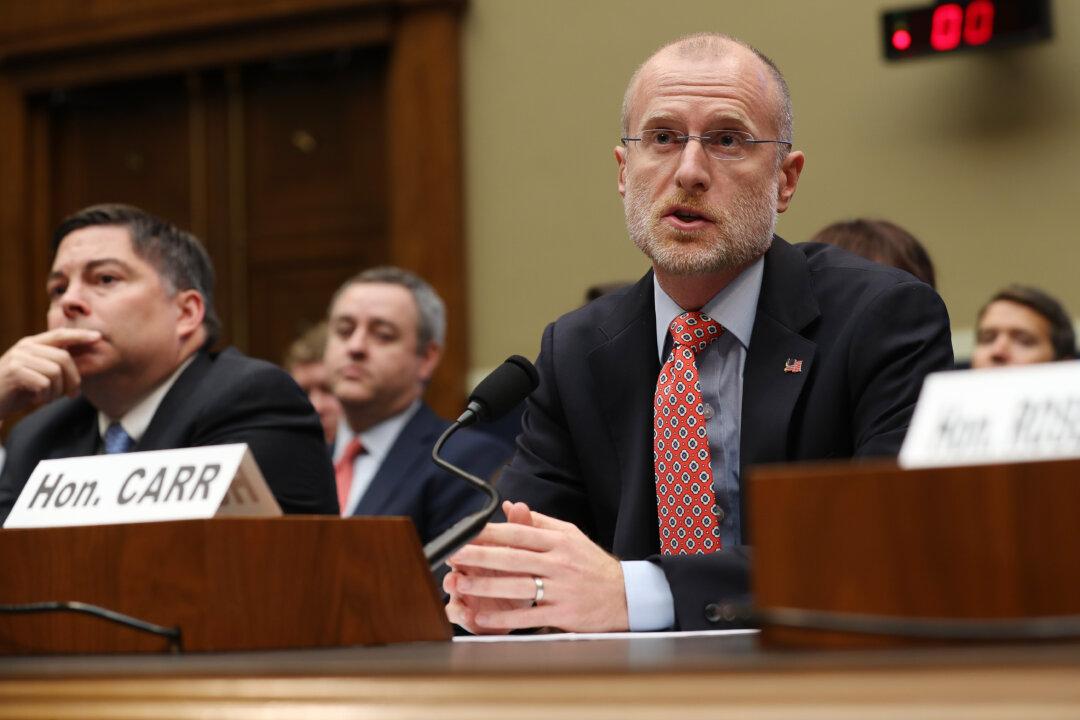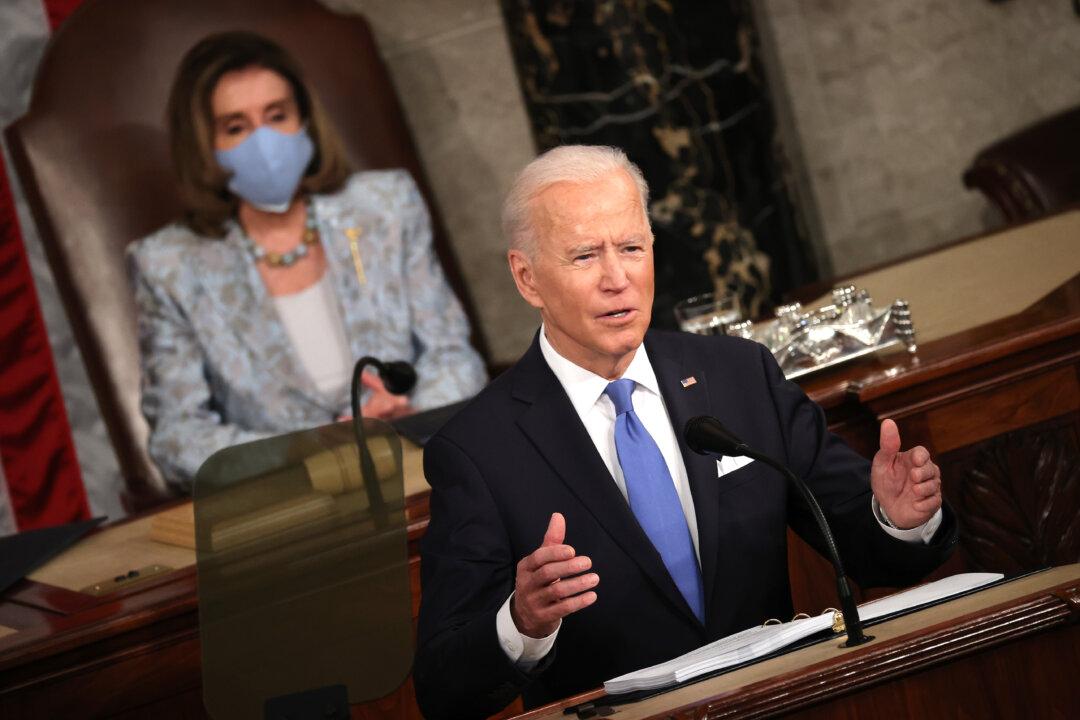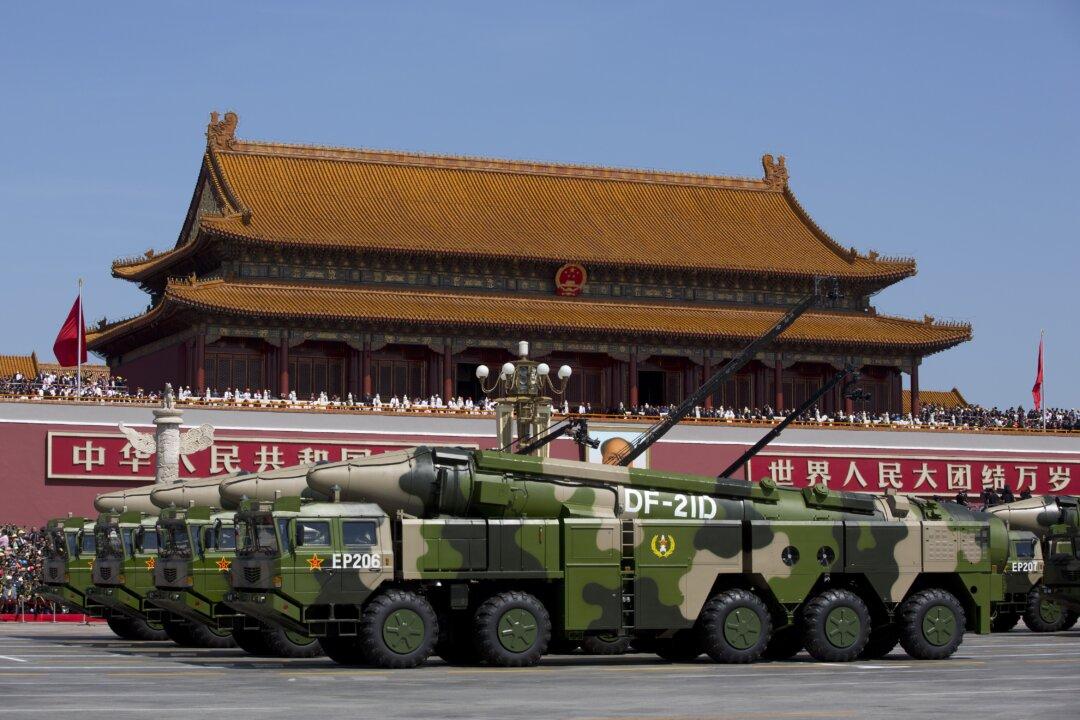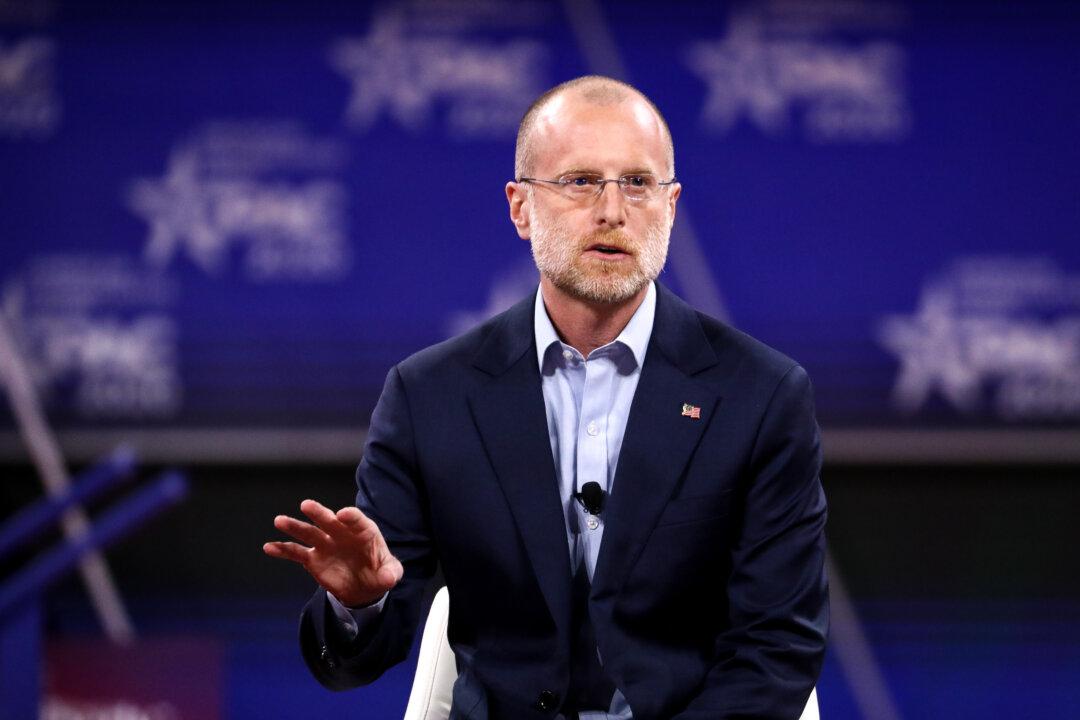A Commissioner of the Federal Communication Commission (FCC) is calling on the regulator to eliminate a “backdoor” that allows telecom firms with ties to the Chinese Communist Party (CCP) access into the U.S. network.
The FCC last year banned U.S. firms from tapping into an $8.3 billion government fund to purchase equipment from Chinese telecom firms Huawei and ZTE after deeming them national security threats. But U.S. telecom carriers are still allowed to use private funds to purchase and use the same equipment, FCC Commissioner Brendan Carr said during a virtual panel event hosted by Washington-based think tank CSIS on March 30.




